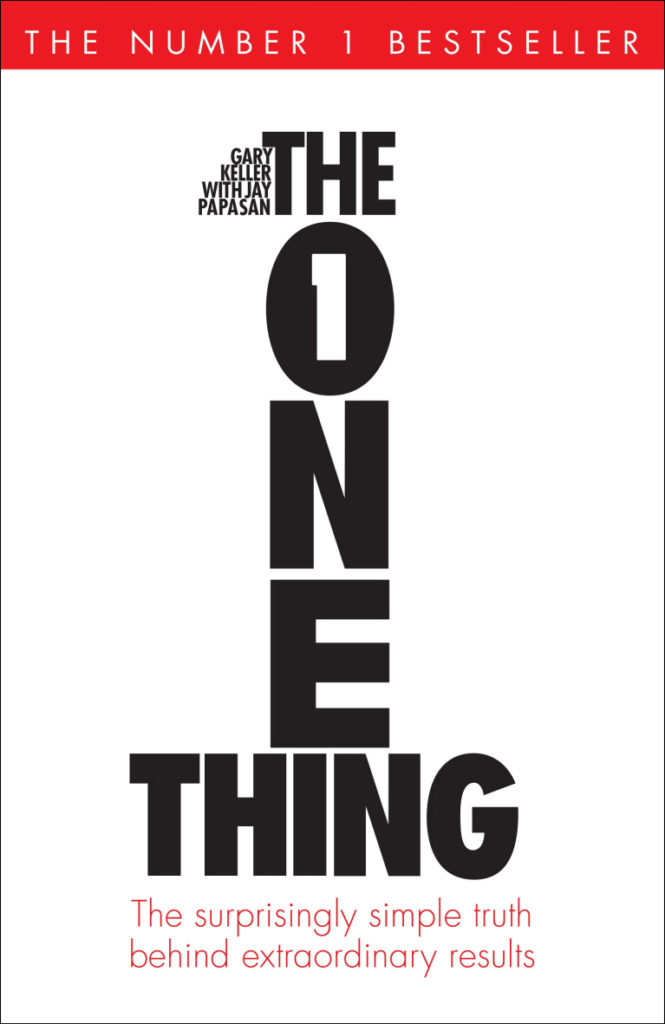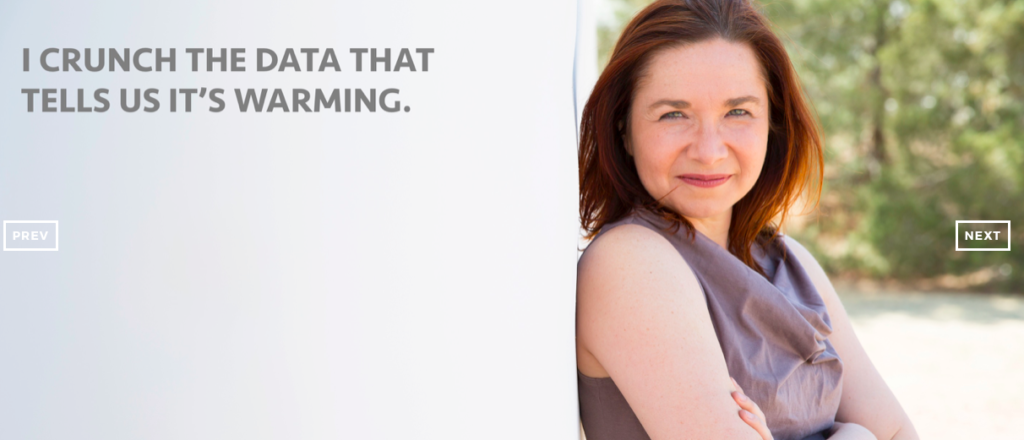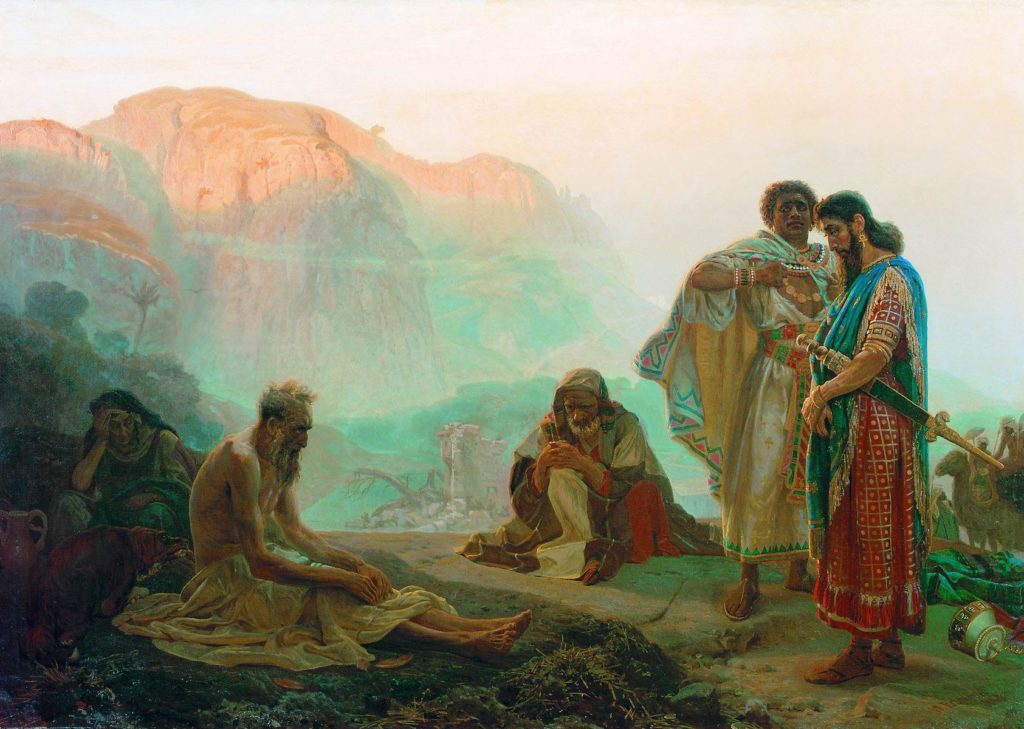As we approach the end of one year and the beginning of the next, these questions have occurred to me. They are for you and me. They are about our faith, our lives, and how they are meant to be one thing:
#1: Are you only doing what is comfortable and what will enable you to be comfortable in the future?
This question came looking for me recently. It is an unsettling one. There are a number of areas of my life right now where I am not comfortable and where things are actually very hard. And even just completely falling apart. I sometimes find myself hungering for a time when I will live easily. Without worry. Without turmoil. Without risk.
It is natural not to relish pain and sadness in our lives. Some of the pain and sadness, of course, comes from being human.
But that doesn’t mean we should avoid living in the world in ways that expose us to the potential for even more disruption and difficulty. That is a false way, away from Jesus and the kingdom of God. We are meant for more than retreat and cocooning ourselves.
I’m intrigued by the message of the book I’ve discovered by Erin Straza entitled Comfort Detox. Here’s just a bit of the book’s message:
Now that I have been redeemed by Jesus, my life is to be poured out as a drink offering to him. I have the honor of serving as his hands and feet in this world, extending comfort to all who are in need. If I am to do so, the contrary habits and patterns I’ve lived by all my life need to be undone. All the ways I’ve lived to expand my own comfort for my own benefit need to be dismantled. This includes my daily routines, my approach to relationships, and my life pur- suits.
People and God’s Creation are in need. Are habits of comfort and convenience preventing you and me from uplifting people and Creation? For myself I would need to say, “Yes.” That needs to change.
#2: How would you explain your Christian faith in 60 seconds?
For most of us, sharing our faith is the farthest thing from comfortable. But we’re called to do it. And if a life devoted to life-transforming faith in Jesus is the Way to an endless and abundant life that can begin right now, then how could we not share it?
I’ve been downright bad at this myself. And part of the problem is not having spent the time to actually articulate what the Christian faith-life is all about in a simple, clear, yet authentic way. (Another part of the problem is that its’hard to point to churches where people will be guided into becoming disciples of Jesus in a whole, clear, structured, life-integrated way. But that’s for another post.)
I need to be able to say what exactly this faith-life is all about and why it matters. If it’s the most important thing in my life, then how I can not invest the time to develop that message?
Then, of course, I need to be ready to actually share that with people when they are in a place where they are open to that conversation.
I encourage you to be ready.
And my 60-second articulation will include God’s earth. Will yours?
#3: What is your One Thing to do in 2020 in the important areas of your life?
The One Thing book by Gary Keller and Jay Papasan has a powerful concept – focusing on the single most important challenge in any area of life will generate more positive impact than scattering your energies among a number of lower level challenges.
It sounds obvious.
All too often, however, we tend to look for easy wins on our to-do lists and don’t tackle those tasks that are the most meaningful. Focusing on the One Thing also helps us stay focused and be less scattered and stressed.
So what is the One Thing in the most important areas of your life that you’ll want to get after in 2020?
In your faith-life? In your family life? Your key relationships? Your life calling? The One Thing is not necessarily what seems most urgent, although it could be. Sometimes the One Thing is something more foundational and strategic. This will take conscious thought and discernment to figure out.
Too often, you and I are reacting to the firehose of life. And when we get to the end of a precious year of our life and we’ll find we haven’t moved the needle on what matters most.
So schedule some time with yourself to figure out those One Things for your own life. Also schedule some time or even a weekend away with your significant other to plan the One Things of your life together
It’s my observation, too, that often the most important One Thing in any particular area will not depend on some one-time grand gesture but upon your ability to create new, good habits. Find ways to build good habits into the design of your life.
#4: How are you loving people and Creation back together?
What is the One Thing you will do that will help God’s earth thrive despite all of the odds against that? What can you do to help people and God’s earth thrive together?
As you think about this last question, I’d encourage you to live this out your values through the everyday habit of consciously choosing to buy food whenever possible that has been produced in ways that are compassionate to God’s earth.
I recognize this is a repeating theme from me. But I repeat it because it is so clear to me and so important. Agriculture is where people and God’s earth come together 24/7 all around the world on a massive scale. If we integrated God-filled compassion into agriculture and our food economy, then we would be loving God and loving our neighbors to a remarkable degree.
Eat your values. Eat with love.
#5: Are you using your most distinctive and special gifts?
Do you know what your most distinctive and special gifts are? Can you articulate them?
If you can’t name them, then you have a great opportunity in front of you. By discovering what they are, you’ll be able to bring what is most uniquely you front and center in your life. You’ll then be able to make more of a difference then you imagined possible for your neighbor and God’s earth. This will also bring great satisfaction to you.
#6: Are you sharing your giving with work that protects and restores God’s earth?
If God’s earth matters to you, your answer to that question should be yes.
Your financial resources are a subset of your gifts. Consider giving for God’s earth beyond what is easy and comfortable.
I fundamentally believe we cannot love God and love our neighbor if we mar and destroy God’s earth. Giving is a way to help groups of help protect and restore God’s earth in ways we can’t as individuals.
#7 Has the richness and complexity of the Bible surprised you lately?
I spoke to a coworker recently who told how her father’s life began to change after he began to read the Bible everyday. It has that kind of power.
The Bible is rich and complex. Working to understand it and how it all fits together in our lives is the work of a lifetime. It will grow your heart and mind. It will also challenge you.
The whole Bible should inform and shape your faith-life, Even the books of the Bible that are poetic and challenging. Like Job and Ecclesiastes. Even the Song of Songs.
Don’t just rely on sermons. Read it yourself. Find books that will help you understand what you read (as an aside, Peter Kreeft’s insights into Song of Songs in Three Philosophies of LIfe are wonderful).
Pay attention to how God’s earth is integrated into much of the Bible.
Find ways, too, to experience reverence and awe towards God. Awe and reverence (otherwise known in the Bible as “fear”) are the beginning of wisdom. They are the foundation of how we should perceive all that we perceive in the world.
I’ve found that surrounding myself in God’s world and understanding even the smallest aspects of Creation (like mycorhizzal fungi) are good ways to do so. As is music.
May the coming year be rich in faith, spiced with joys, and full of satisfaction and purpose for you and your loved ones.









